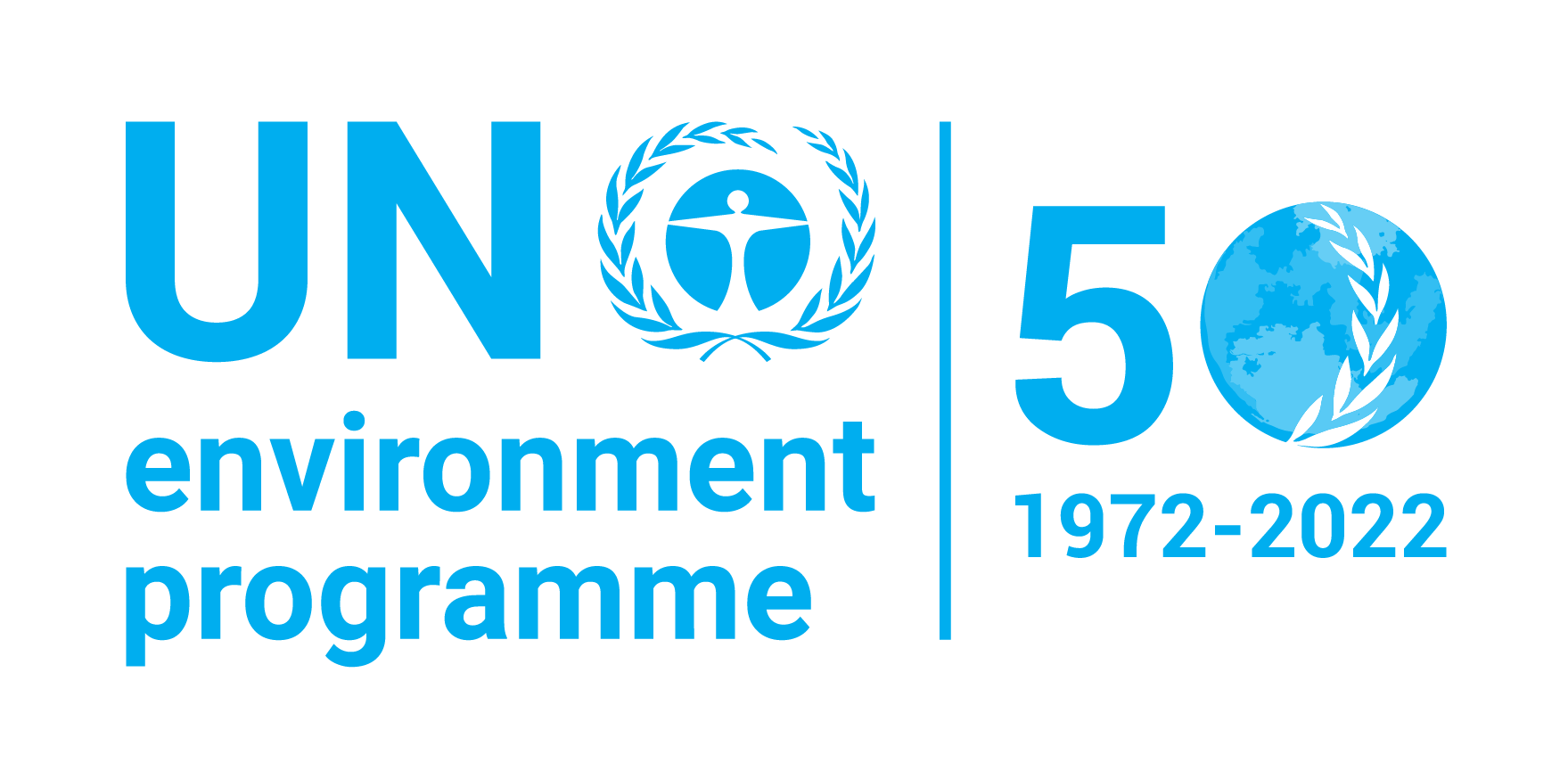| dc.contributor | Ecosystems Division | en_US |
| dc.contributor.author | International Coral Reef Initiative | en_US |
| dc.contributor.author | United Nations Environment Programme | en_US |
| dc.contributor.other | Australian Institute for Marine Science | |
| dc.contributor.other | TropWATER | |
| dc.contributor.other | James Cook University | |
| dc.coverage.spatial | Global | en_US |
| dc.date.accessioned | 2019-12-11T12:52:52Z | |
| dc.date.available | 2019-12-11T12:52:52Z | |
| dc.date.issued | 2019 | |
| dc.identifier.uri | http://hdl.handle.net/20.500.11822/30951 | |
| dc.description | This report summarises the findings of an initial scoping study which aimed to identify common interests, facilitate global and regional collaborations, and help identify opportunities for co-investment in research and development. This study is a starting point for a wider global review and conversation into how active interventions should fit within coral reef management in a changing world. This interim report recommends: • Strong action on climate change and other stressors: Coral restoration should not be viewed as a replacement for reducing local, regional and global stressors acting on reefs.
• Invest in research and development: Substantial research and development is required to scale up and improve all facets of restoration and adaptation.
• Promote knowledge-sharing and collaboration: There would be great benefit in global cooperation, collaboration and knowledge-sharing to ensure efficient use of resources. • Develop best practice guidelines: Science-based guidance for restoration practitioners is critically needed, and the UNEP and collaborating organisations have committed to facilitating the production of guidelines in the near future. • Develop policy and plans: New or refined policy and plans relevant to restoration and adaptation are needed. • Promote ‘blue restoration’: the UN Decade of Ecosystem Restoration represents an opportunity to promote ‘blue restoration’ including restoring coral reefs. Further, the goal of large-scale restoration, to sequester carbon and reduce anthropogenic climate change, could help mitigate the main threat to coral reefs. | en_US |
| dc.format | Text | en_US |
| dc.language | English | en_US |
| dc.rights | Public | en_US |
| dc.subject | CORAL REEFS | en_US |
| dc.subject | ECOSYSTEMS | en_US |
| dc.subject | TERRESTRIAL ECOSYSTEMS | en_US |
| dc.subject | MANGROVE SWAMPS | en_US |
| dc.subject | SEABED | en_US |
| dc.title | Mapping Current and Future Priorities for Coral Restoration and Adaptation Programs: International Coral Reef Initiative (ICRI) Ad Hoc Committee on Reef Restoration 2019 Interim Report | en_US |
| dc.type | Reports and Books | en_US |
| wd.identifier.sdg | SDG 13 - Climate Action | en_US |
| wd.identifier.sdg | SDG 14 - Life Below Water | en_US |
| wd.tags | Coastal and Marine Ecosystems | en_US |
| wd.topics | Ecosystems | en_US |
| wd.identifier.pagesnumber | 44 p. | en_US |


